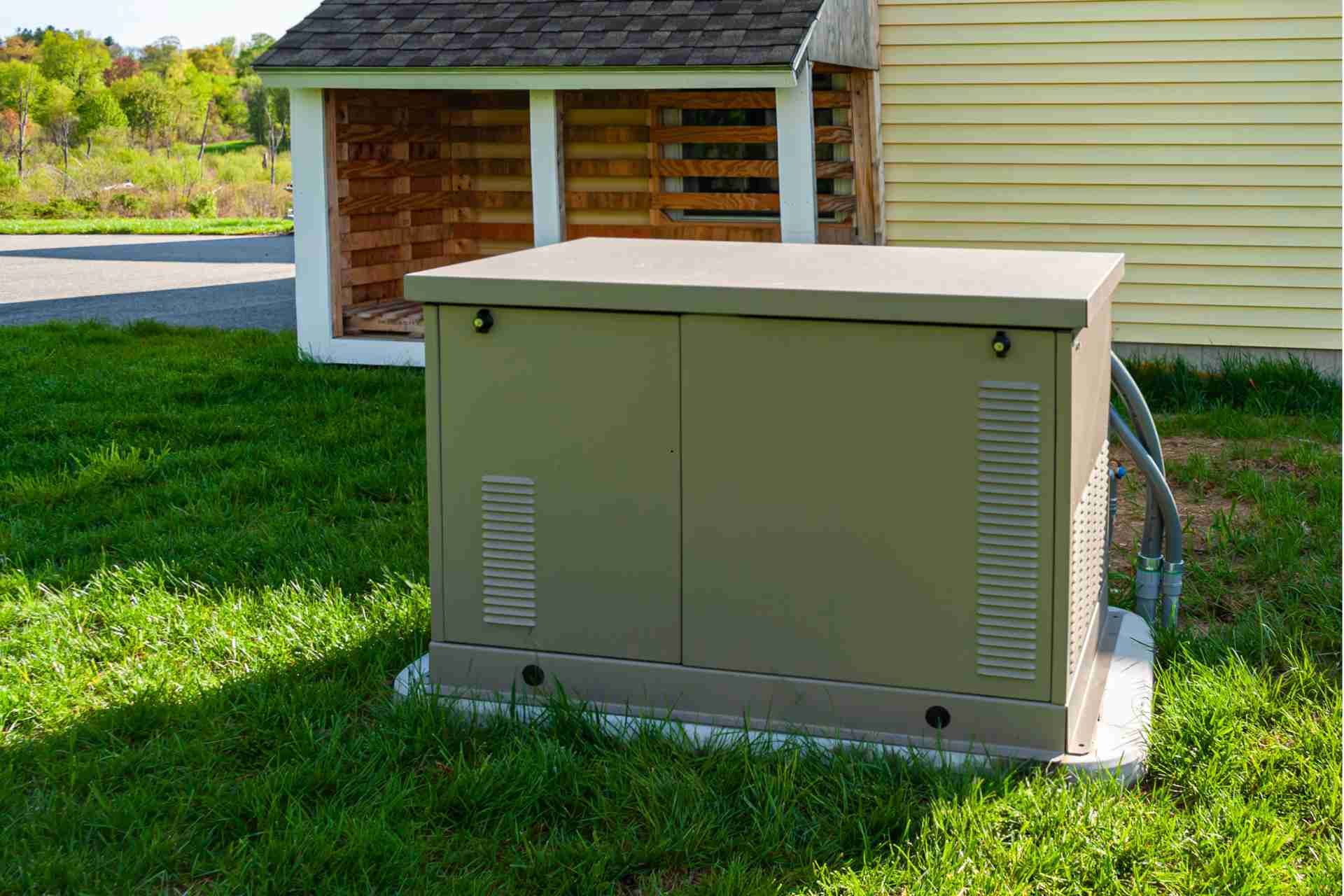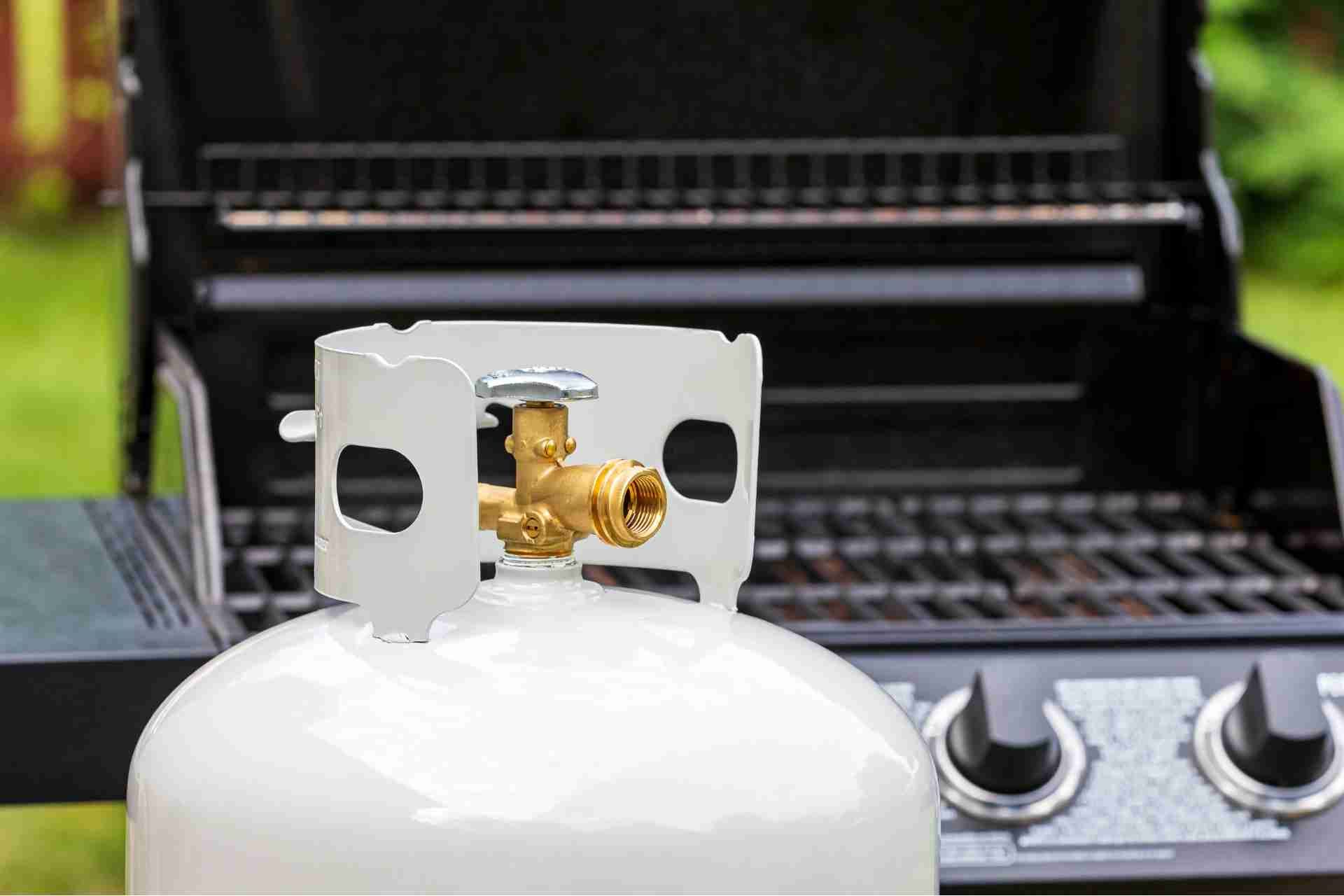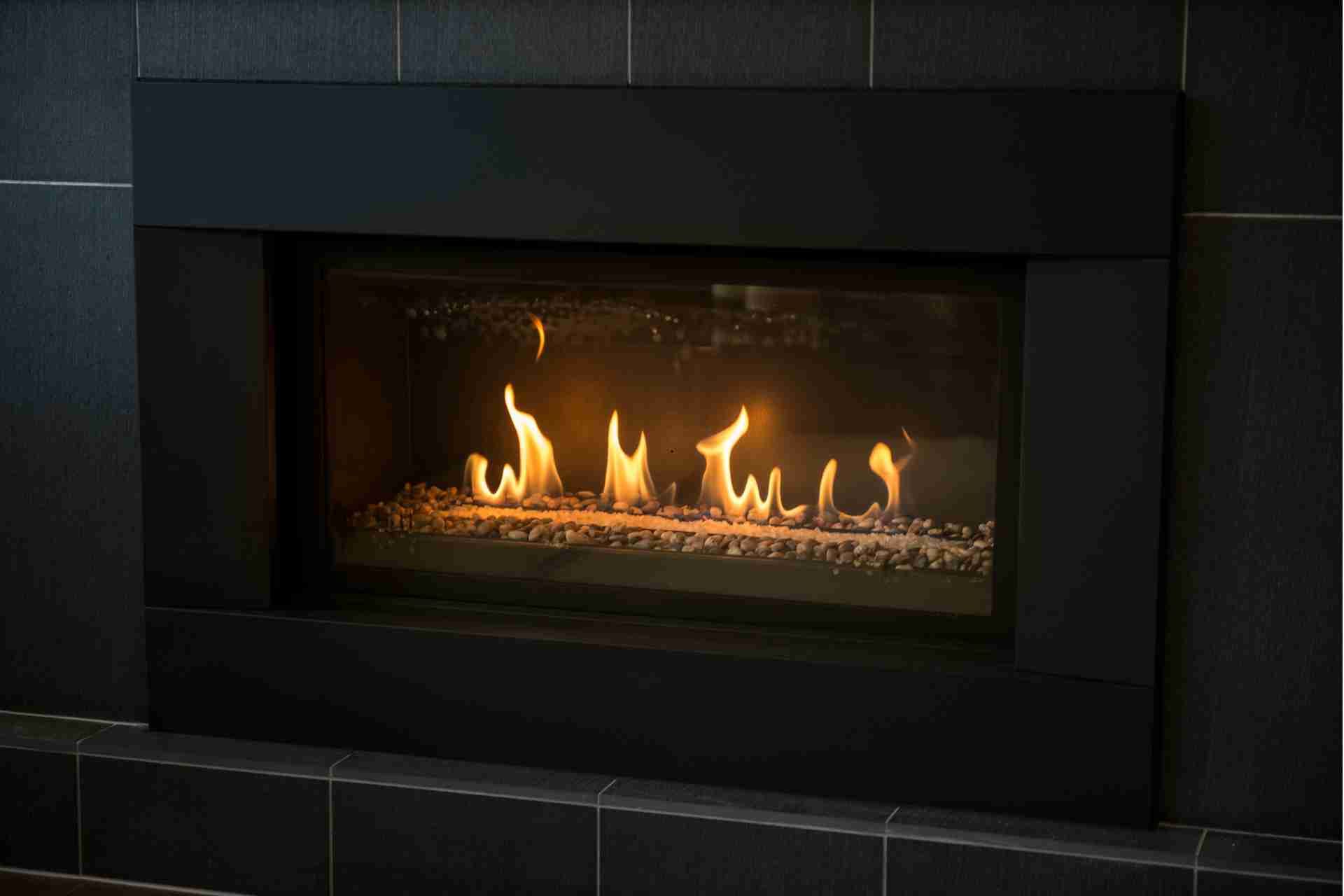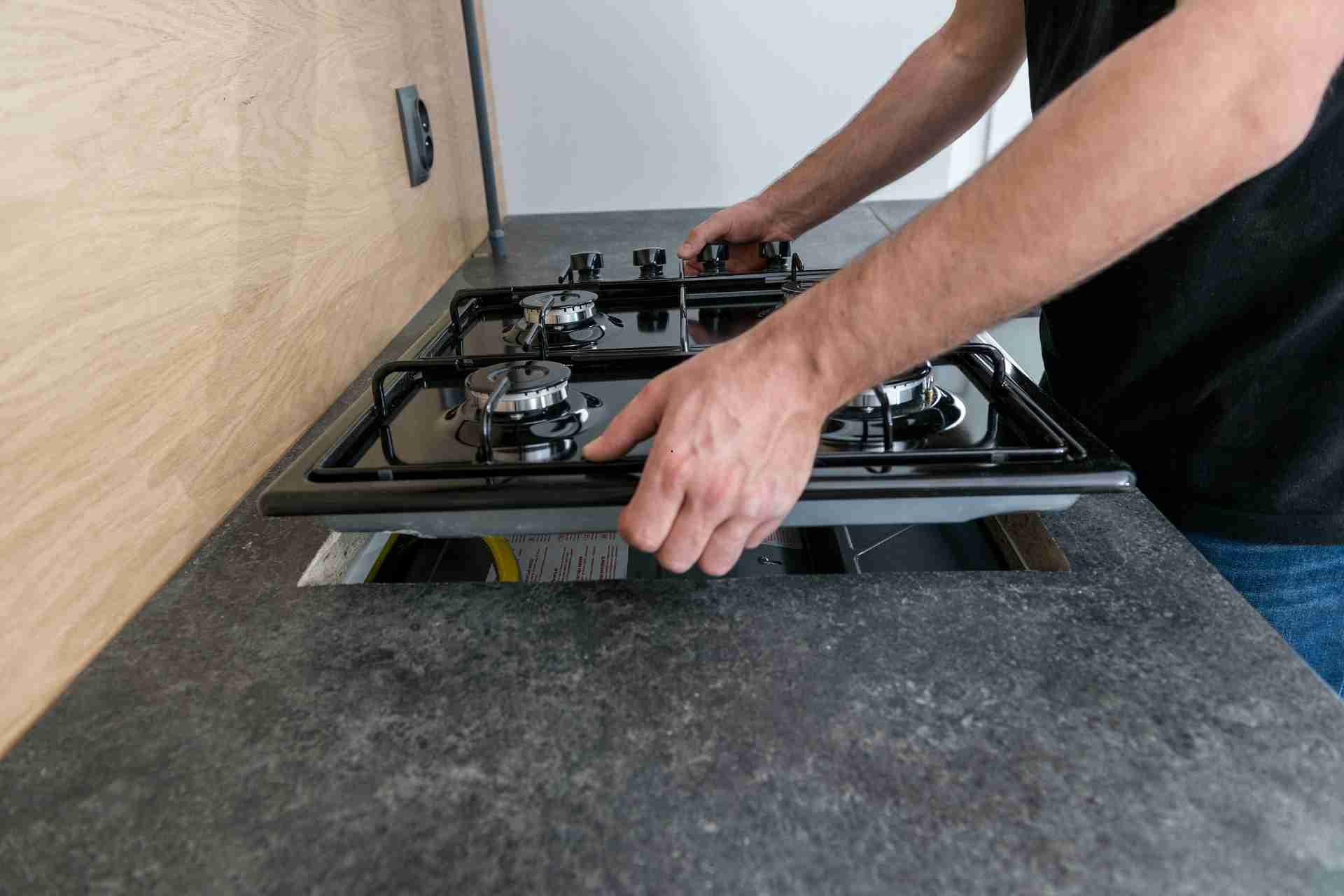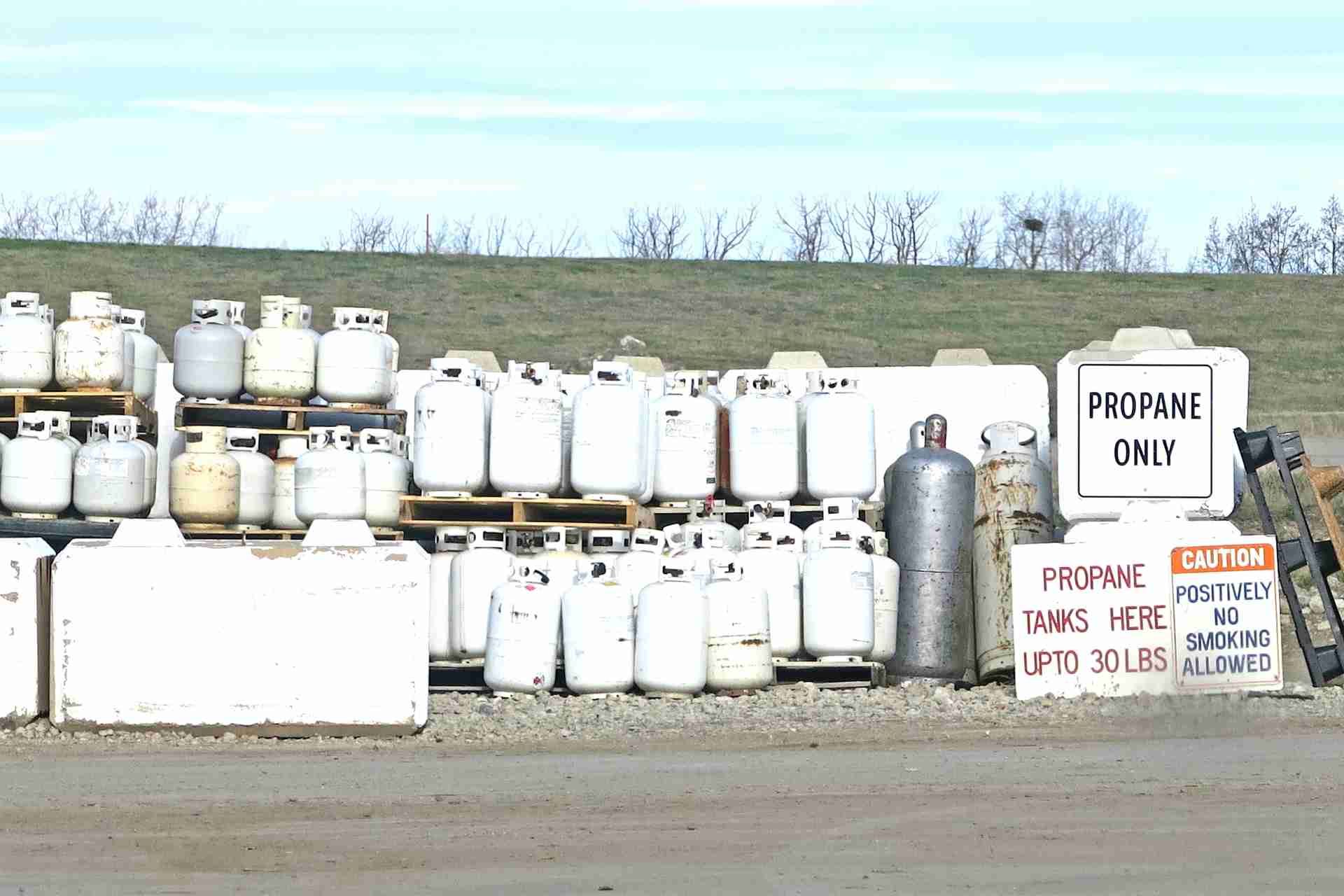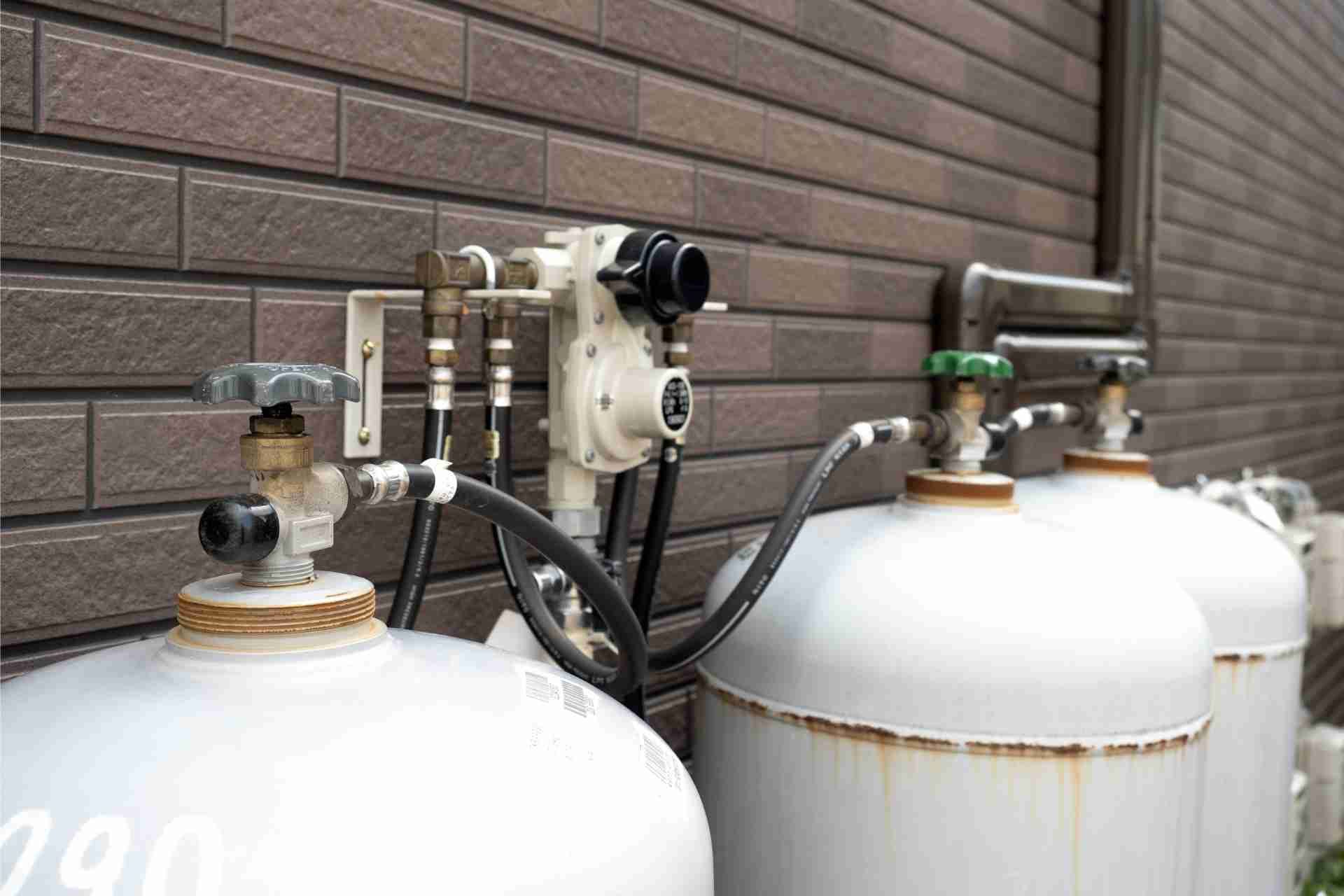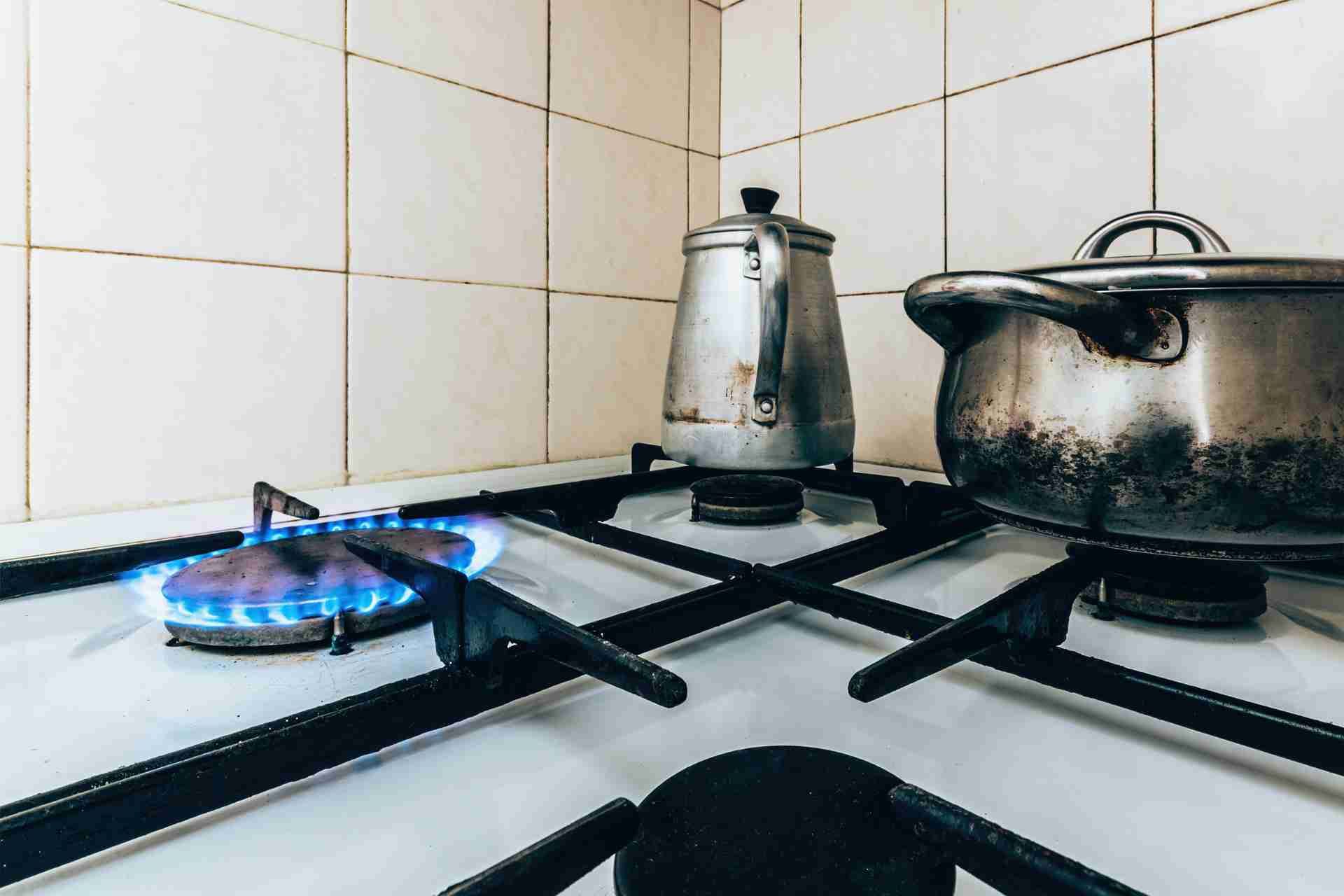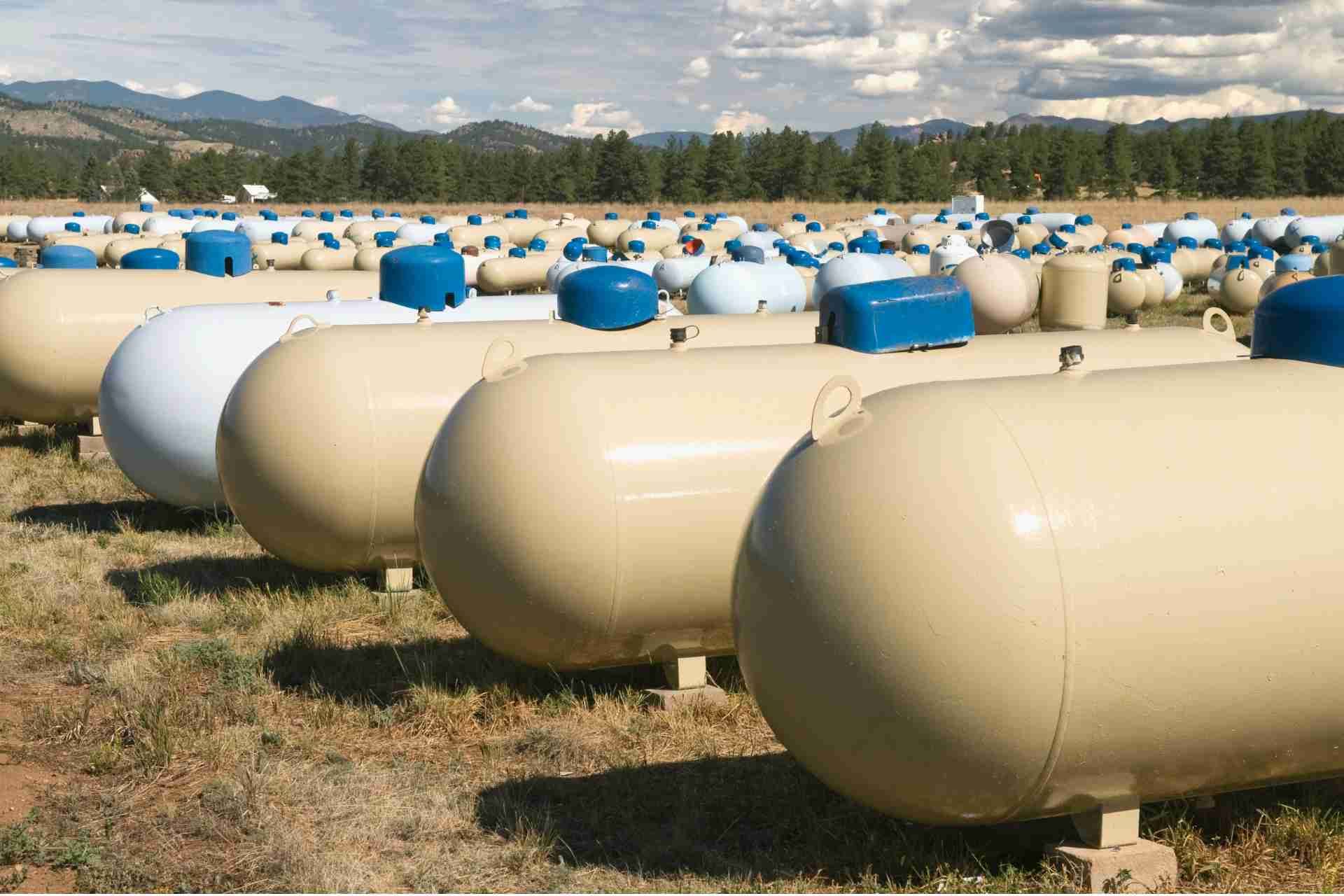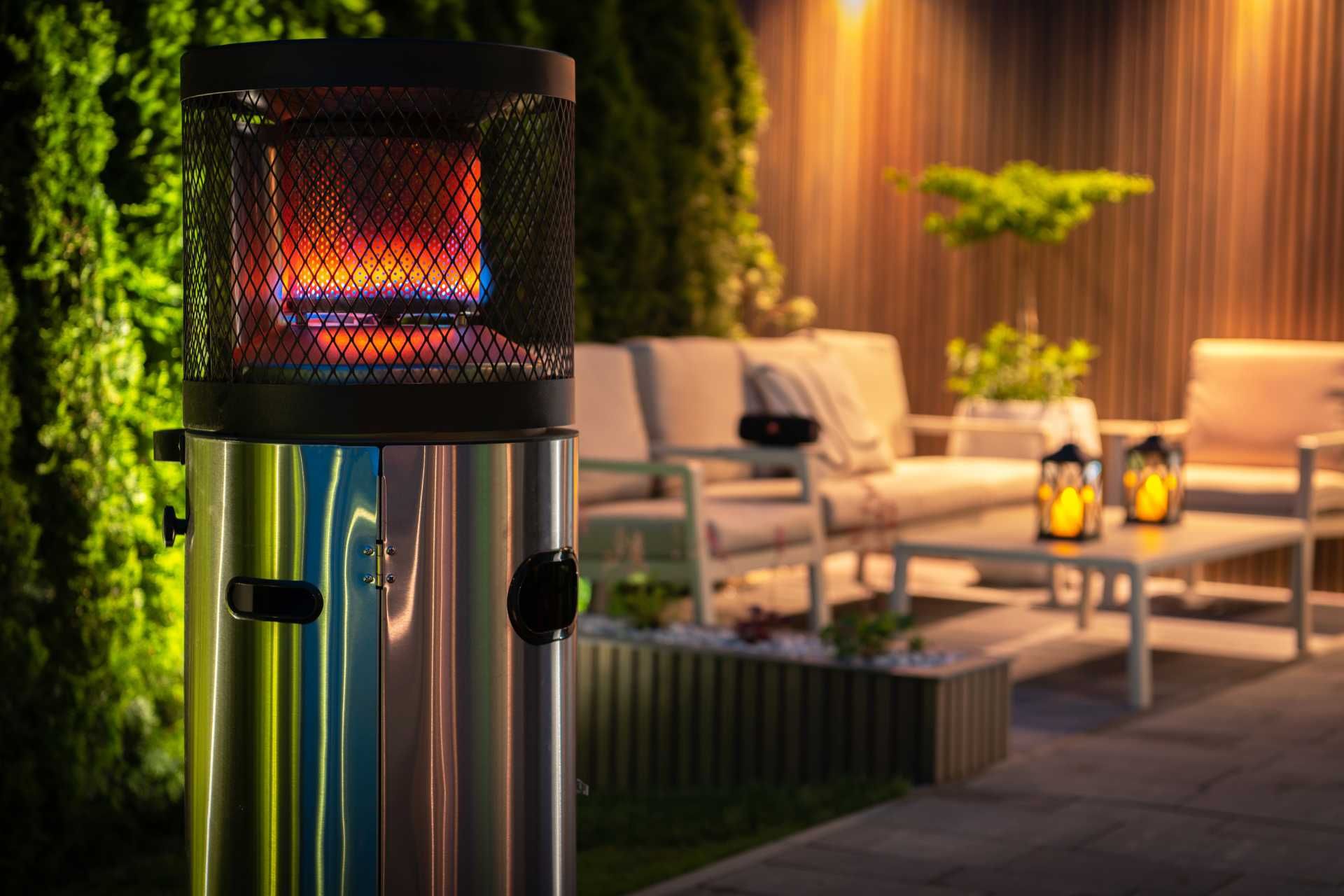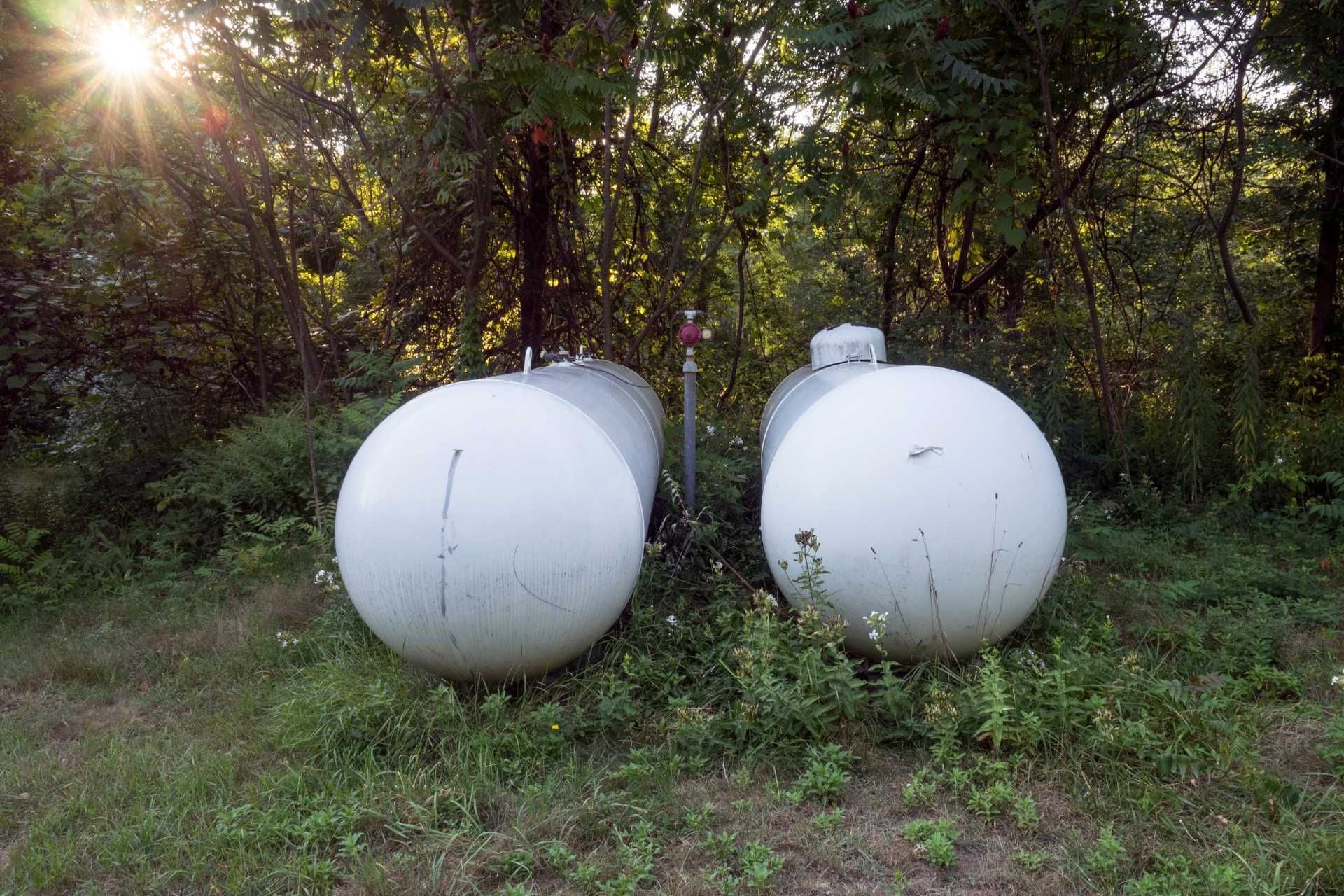Call Us Today
Are Propane Heaters Safe Indoors
When considering propane heaters for indoor use, it's crucial to weigh convenience against safety. While these heaters can effectively warm your space, they come with significant risks, particularly related to carbon monoxide and fire hazards. You need to understand how to use them safely to minimize these dangers. So, what steps can you take to ensure you're protecting yourself and your home? Let's explore the essential safety measures you should implement.
Understanding Propane Heaters and Their Functionality
Propane heaters are popular for their efficiency and portability, making them a go-to choice for many homeowners. They work by burning propane gas to generate heat, which warms up the surrounding air quickly.
You'll find these heaters in various styles, including portable models for outdoor use or fixed ones for indoor spaces. Most propane heaters feature adjustable settings, allowing you to control the temperature based on your needs.
They're typically equipped with safety mechanisms, like automatic shut-off valves, to enhance user safety. When using a propane heater, ensure proper ventilation to maintain air quality.
With their fast heat-up time and versatility, propane heaters can effectively keep your home cozy during chilly days.
Potential Risks of Indoor Propane Heater Use
While propane heaters can provide quick warmth, using them indoors comes with potential risks that shouldn't be ignored.
One major concern is carbon monoxide poisoning, which can occur if the heater isn't properly ventilated. You mightn't notice the symptoms at first, but they can escalate quickly.
Additionally, propane heaters can lead to dehydration and increased humidity levels, making your indoor air uncomfortable.
There's also the risk of fire hazards if flammable materials are too close to the heater.
Lastly, if you use a propane heater for an extended period, it can deplete oxygen levels in your space, creating a dangerous environment.
Always weigh these risks before deciding to use a propane heater indoors.
Essential Safety Measures for Using Propane Heaters Indoors
To ensure a safe experience when using propane heaters indoors, it's crucial to follow specific safety measures.
First, always place the heater on a stable, flat surface, away from flammable materials. Make sure the area is well-ventilated to allow fresh air circulation.
Keep the heater clean and free from dust or debris, and regularly check for any gas leaks. Use a carbon monoxide detector in the same room to alert you of any issues.
Never leave the heater unattended, especially while sleeping. If you notice any unusual smells or sounds, turn it off immediately and seek assistance.
Finally, familiarize yourself with the heater's manual and safety guidelines to maximize your safety and comfort.
Indicators of Carbon Monoxide Poisoning
How can you tell if carbon monoxide poisoning is affecting you? Look for symptoms like headaches, dizziness, weakness, nausea, and confusion.
If you start feeling unusually tired or experience shortness of breath, it could be a sign. You might also notice blurry vision or a ringing in your ears.
These symptoms can mimic the flu, so pay attention to the context. If multiple people in your space are experiencing similar symptoms, it's crucial to take action.
Carbon monoxide is odorless and colorless, making it hard to detect. If you suspect poisoning, get fresh air immediately and seek medical help.
Installing a carbon monoxide detector can provide an essential early warning. Don't take chances with your health!
Alternative Heating Solutions for Indoor Spaces
When you're looking for safe and effective heating solutions for indoor spaces, several alternatives to propane heaters can keep you warm without the risks associated with carbon monoxide.
Electric space heaters are a popular choice; they're easy to use and can heat specific rooms efficiently.
Radiant floor heating systems provide consistent warmth by warming the floors directly, making your space cozy.
For a more sustainable option, consider infrared heaters, which heat objects and people rather than the air.
Additionally, heat pumps can efficiently provide both heating and cooling, offering year-round comfort.
Always ensure proper ventilation with any heating solution, and regularly maintain your equipment to ensure optimal safety and efficiency.
Stay warm and safe this winter!
Conclusion
In summary, while propane heaters can be useful indoors, safety should always come first. Make sure you prioritize proper ventilation, keep the heater away from flammable materials, and regularly check for gas leaks. Installing a carbon monoxide detector is crucial, too. By following these safety measures, you can enjoy the warmth of your propane heater without compromising your health or safety. Always stay informed and prepared to ensure a safe indoor heating experience.
QUICK LINKS
CONTACT US
Phone: (605) 446-3265
Address: 209 East 6th Street, Colton, SD 57018
Business Hours:
- Mon - Fri
- -
- Sat - Sun
- Closed
VISIT US
Copyright © 2023 Koopman & Sons Gas Co, Inc., All Rights Reserved.

